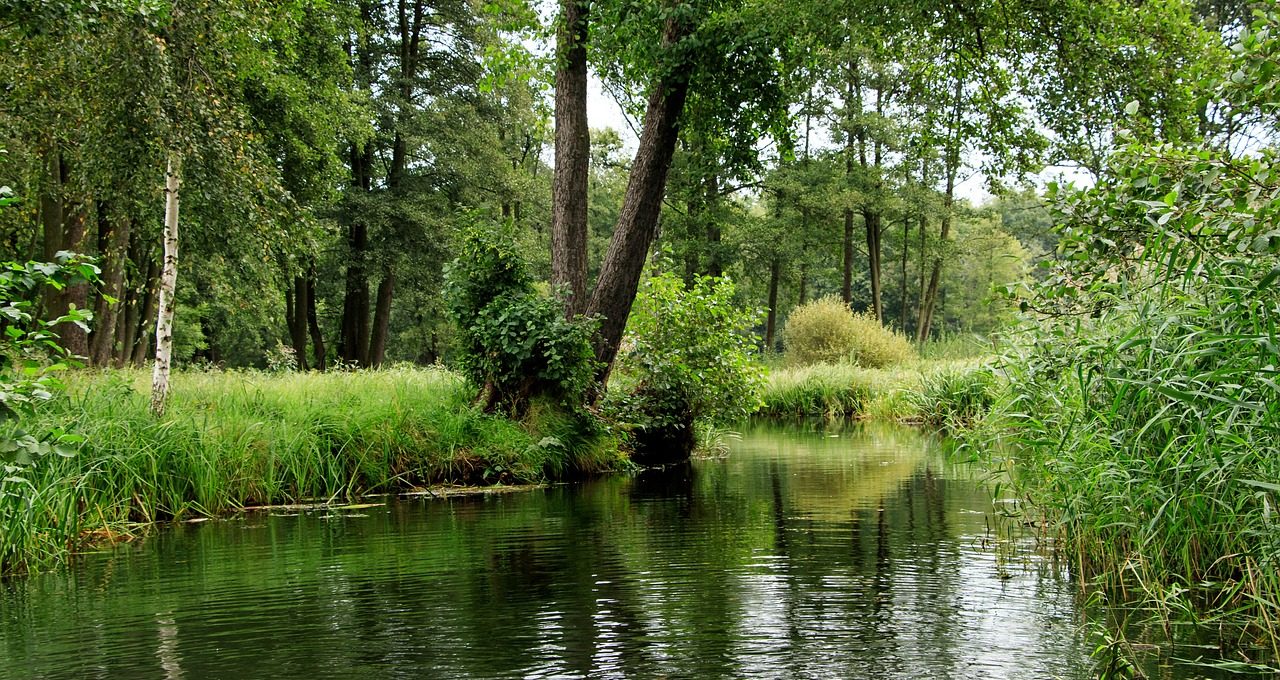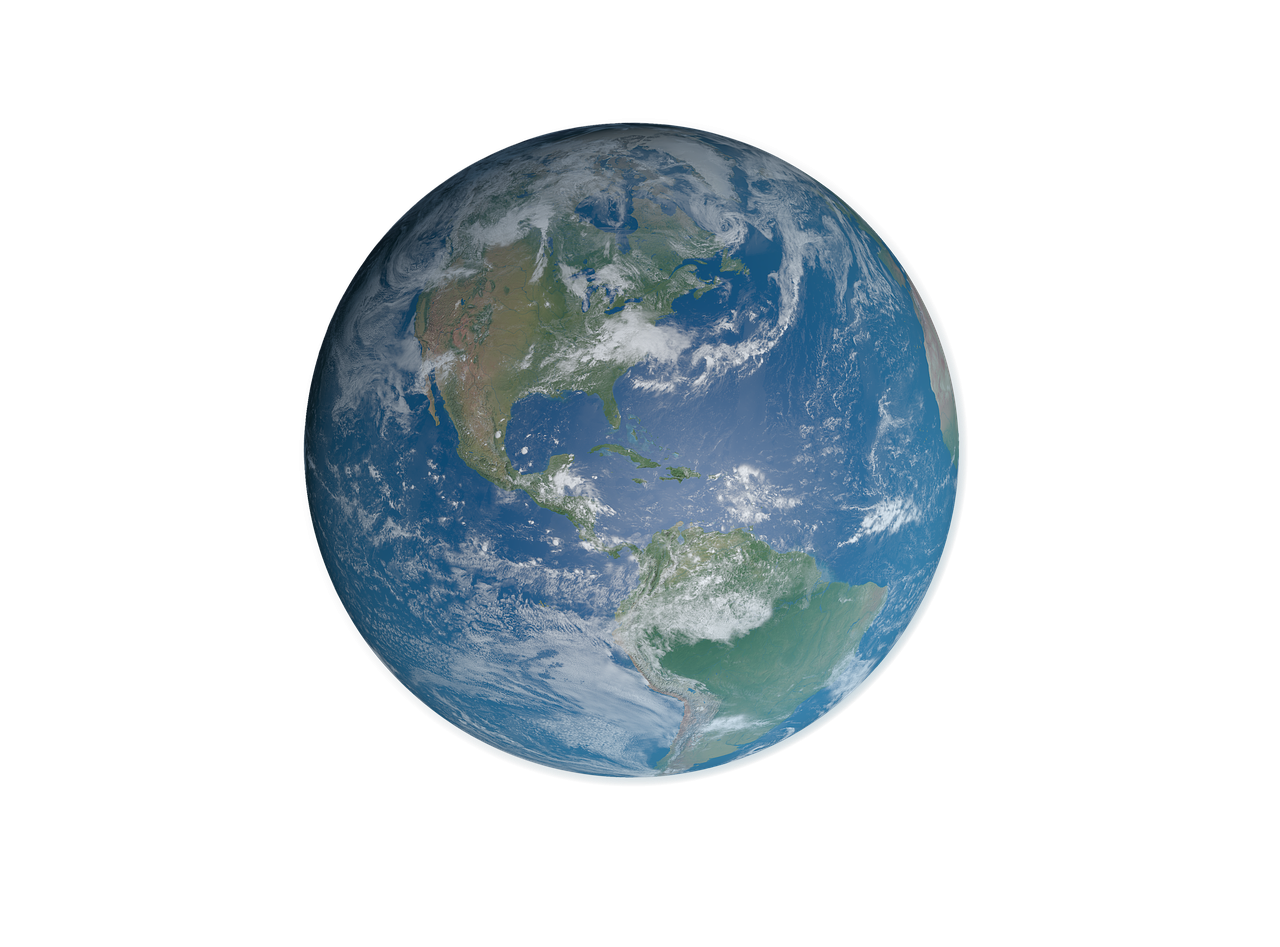
The biosphere is the system made up of all living beings.
The biosphere is the totality of living organisms that inhabit our planet or the group that forms the environments that allow the subsistence and development of the different species. It is also possible to write the term without the accent mark in the O ( biosphere ), as accepted by the Royal Spanish Academy .
The Austrian geologist Eduard Suess ( 1831 – 1914 ) was the one who, in 1875 , proposed the notion of the biosphere. The Russian Vladimir Ivanovich Vernadsky ( 1863 – 1945 ), decades later, expanded the concept .
What is the biosphere
The biosphere is generally understood as a system made up of all living beings and the links they establish among themselves. It is the planetary ecosystem that includes multiple forms of life and that, to a certain extent, can regulate its evolution and balance.
The biosphere develops along all levels of the Earth 's surface, including the bottom of the seas. In the case of the oceans, living beings are distributed in the so-called photic zone , which is the surface layer to which the sun's rays reach. In deeper areas, the density of life is low.

The biosphere develops at all levels of the Earth's surface.
The depth of the earth's crust
When the deeper level of the Earth's crust is included, where certain organisms live, we speak of the deep biosphere . There are bacteria that, through chemosynthesis , can develop. This verification of the existence of life in the deep biosphere produced changes in various scientific theories since it demonstrated biological viability in extreme conditions, even without the presence of energy from the sun.
Until the deep biosphere was discovered, therefore, it was believed that life was not possible in the absence of sunlight . As had happened before and will happen again, human beings faced one of their errors in understanding natural phenomena and thus expanded the horizon of their knowledge. One of the consequences of this greater intellectual flexibility was the increasing acceptance of the possibility of extraterrestrial life : living beings can exist in a wide range of conditions, broader than scientists believed, and therefore it was not logical. rule out biology surprising them once again.
By accepting that life on other planets may be viable, science contemplates progress in the formation of biospheres different from those known on Earth, so that the parameters according to which experts measure the possibility of the emergence of life are not absolute nor valid in all cases.
The biosphere and the organization of life
Life is organized in such a way that a hierarchy can be seen with more than one level of complexity, where the systems considered minor work together to give rise to the formation of the major ones, which enjoy more variety and complexity. These systems are organized independently and can monitor their own state with varying degrees of precision.
With respect to the self-control of systems, the highest peak is found at the level of organisms and cells; Let us not forget that it does not take more than one cell to find an autonomous organism, as in the case of unicellular organisms. At the ecosystem level, we can observe a lower degree of self-control, since its organization is governed by negative feedback mechanisms.
Certain authors specialized in this topic, among whom were Vladimir Vernadski and James Lovelock , pointed out that the biosphere is capable of regulating its structure and composition (a property that organisms possess, called homeostasis ), as well as the rhythm of the processes of exchange and internal ones ( homeorhesis ).
